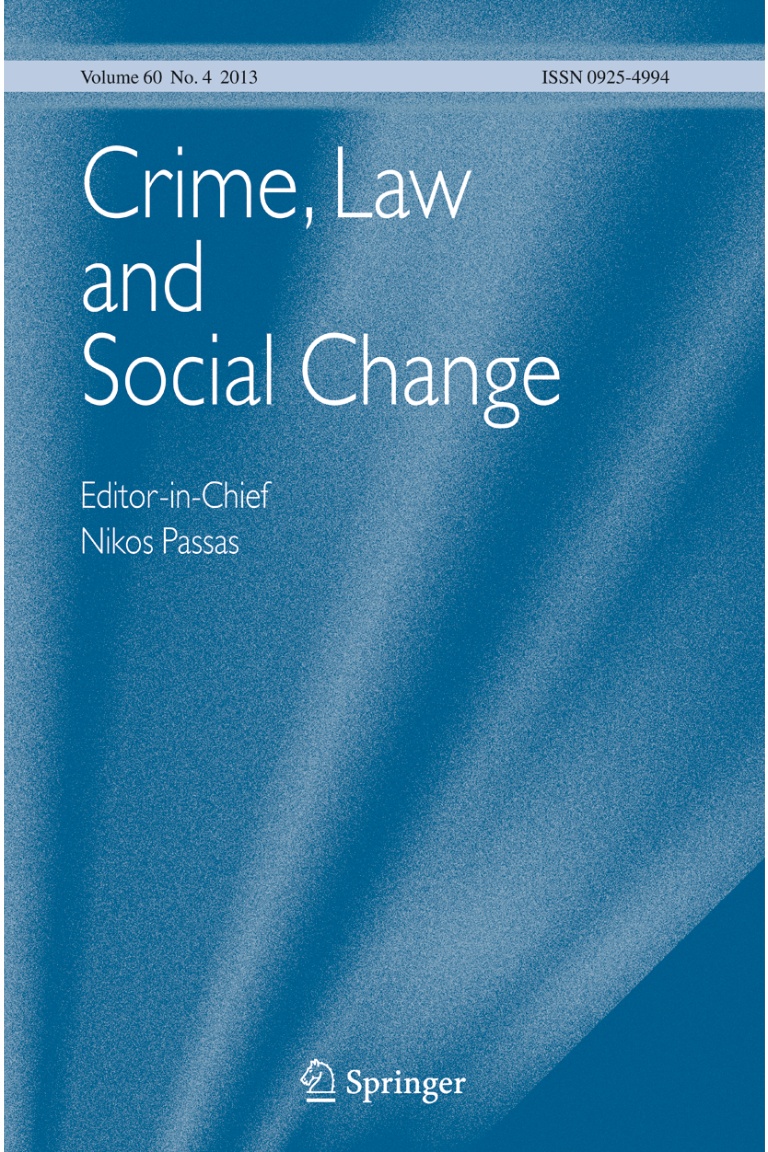Research in China on the subject of white-collar and corporate crime, as in most countries, has been sparse due to the lack of large and systematic data sources and a related general unwillingness to fund major studies [58]. As a result, the occurrence of such offenses often remains under a cloak of official secrecy for at least two reasons: First, governments do not like to broadcast an image of their country as riddled with upper-class law-breaking, and second, the very officials themselves may well be involved in illegal schemes and they do not desire to alert the public to wrongdoing in other high places. Corruption, a universal institutional phenomenon, is especially pervasive in developing and transitional societies [81, 88]. As a growing superpower and the most populous country in the world, according to some sources, China has experienced both unprecedented economic development and attendant rampant corruption at all levels.

 The College of Arts
The College of Arts